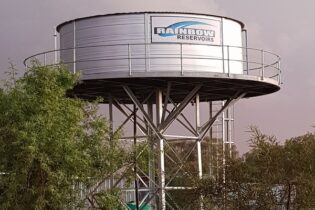The City of Cape Town has once again urged residents to use water sparingly, especially during prolonged stages of load shedding to prevent water supply limitations in higher-lying areas.
The City issued a statement following the move to stage six load shedding, which impacts water supply operations in Cape Town. More notably in higher-lying areas where water needs to be pumped to get to properties. “Residents across the city need to help by using less water immediately so we can reduce our collective water use to 850 million liters per day,” the City said in a statement. High-lying or mountainous areas which rely on water-pumping stations are at more immediate risk of low or no water pressure during high stages of load-shedding.Acting mayoral committee member for Water and Sanitation Siseko Mbandezi said that the challenge was that reservoirs could not fill up fast enough because of prolonged periods of load shedding.
“The challenge is that reservoirs are not able to fill up fast enough because of the prolonged period of load-shedding while residents are also using lots of water at the same time. “Using less water will help deal with operational challenges, notably due to heavy load shedding, which are impacting on our water treatment plants and ability to convey good quality drinking water to reservoirs and areas across Cape Town, especially to high-lying areas where the water has to be pumped,” added Mbandezi. “While City teams are monitoring the water supply operations and usage very closely and doing all they can to maintain supply, we also need our residents to help us during this time by using less water.”






